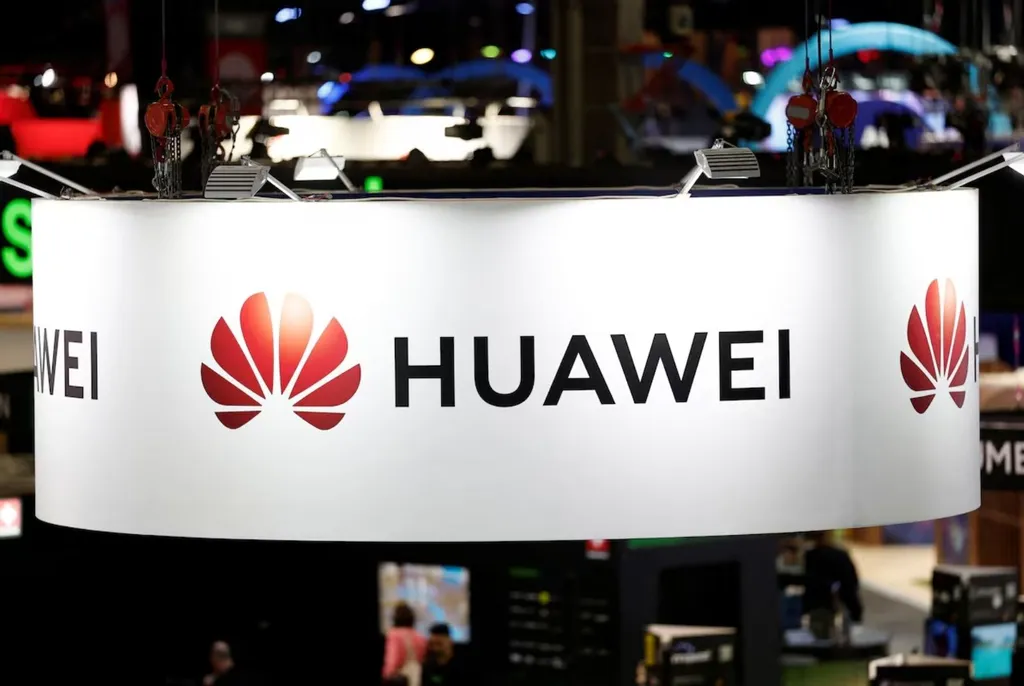Taiwan is set to strengthen its export controls on dual-use technologies, including quantum computers and advanced semiconductor equipment, to prevent their misuse for military purposes. This move aligns with the island’s commitment to international efforts to curb weapons proliferation, particularly in the wake of the ongoing conflict in Ukraine.
The Ministry of Economic Affairs in Taipei announced a 60-day public review period for proposed revisions to its export control lists for dual-use items and military equipment. The review aims to gather feedback from stakeholders before the final rules are implemented. This step is part of Taiwan’s ongoing efforts to comply with the Wassenaar Arrangement, an international agreement aimed at controlling the spread of conventional arms and dual-use goods and technologies.
“Since Russia’s invasion of Ukraine in 2022, Taiwan has been progressively updating its export control regime to prevent Taiwanese high-tech products from being diverted for military use,” a ministry spokesperson stated. “These revisions are essential to meet our international obligations and ensure that our advanced technologies are not misused.”
The proposed changes will require Taiwanese companies to obtain government approval before exporting certain high-tech products. This regulation is part of a broader strategy to safeguard sensitive technologies and prevent their illicit transfer to entities involved in weapons proliferation.
Taiwan has already imposed stringent export controls on semiconductor shipments to China, particularly targeting companies like Huawei Technologies and Semiconductor Manufacturing International Corporation (SMIC), which were added to the export control list in June. This measure underscores Taiwan’s commitment to maintaining technological supremacy and preventing the transfer of critical technologies to entities deemed a risk to global security.
Taiwan’s semiconductor industry is a cornerstone of the global tech supply chain, with Taiwan Semiconductor Manufacturing Company (TSMC) being the world’s largest contract chipmaker. TSMC is a major supplier to companies like Nvidia, which relies on advanced semiconductor technology for its AI and high-performance computing products.
The tightening of export controls reflects a broader trend in global tech regulation, as nations seek to balance the benefits of technological advancement with the need to prevent misuse. For Taiwan, this move is not only about adhering to international norms but also about protecting its strategic interests in an increasingly complex geopolitical landscape.
As Taiwan navigates its relationship with China and its role in the global tech industry, these export controls will play a crucial role in shaping the future of its high-tech sector. The upcoming review period offers stakeholders an opportunity to contribute to the final rules, ensuring that the regulations are both effective and fair.
In the long term, these measures could influence how Taiwan positions itself in the global market, particularly in the context of emerging technologies like quantum computing and advanced semiconductors. The island’s ability to innovate while adhering to stringent export controls will be critical in maintaining its competitive edge and contributing to global security efforts.

